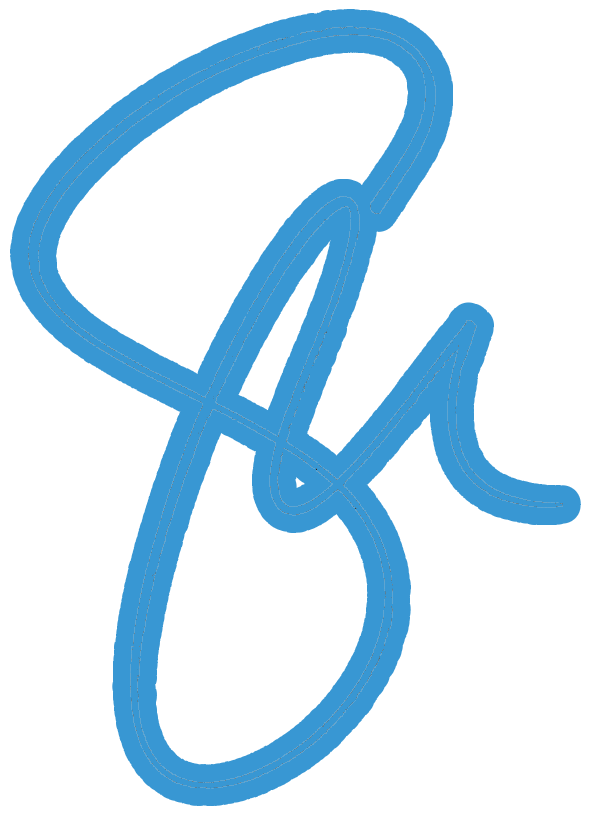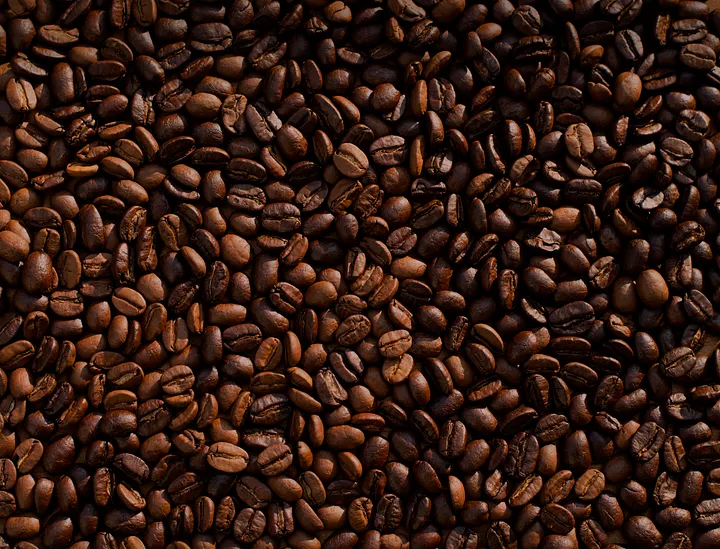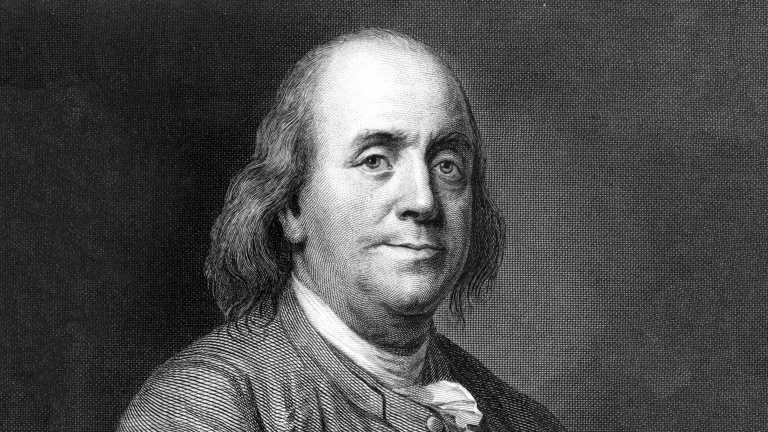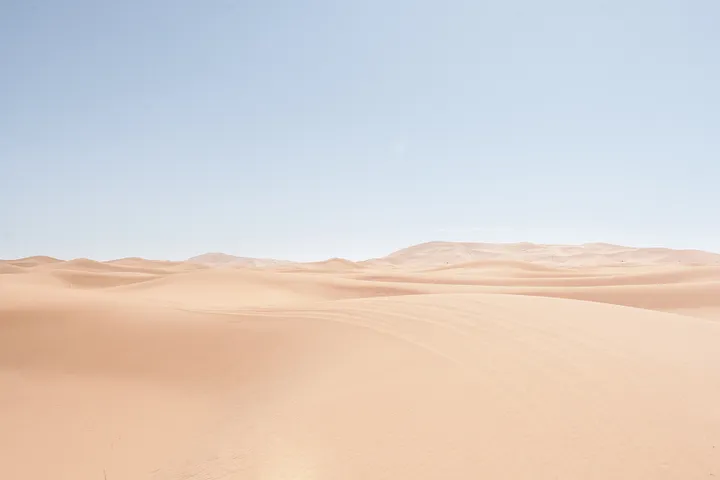Before you start reading the story, I want to let you know that I used to consume 3–4 cups of coffee every day for 9–10 years. On January 9th, 2022, I gave up coffee.
Let’s talk about coffee. I started to drink coffee in 2012 when I moved to North America to pursue a graduate program. Before 2012, Chai (tea) was the primary source of boost energy.
Chai refers to a sweet, fragrant concoction of black tea, milk, and spices. You can add ginger, cloves, cardamom (my favorite), cinnamon, and many more in Chai.
A brief history of coffee
Coffee has a long history, starting back in the 15th century. According to Wikipedia, coffee beans were first exported out of Ethiopia to Yemen to focus during prayers.
History tells us that coffee was first entered Hungary in 1526 at the battle of Mohacs. Later, coffee was introduced on the island of Malta, and soon, coffee became popular in Maltese high society. The word “coffee” was documented in the English language in 1582.
The ability and industriousness with which the Turkish prisoners earn some money, especially by preparing coffee, a powder resembling snuff tobacco, with water and sugar. — Gustav Sommerfeldt
According to the National Coffee Association, 62% of Americans drink coffee every day. They drink, on average, 3 cups of coffee each day.
What exactly is coffee?
Let’s start with the definition. Coffee is brewed with hot or boiling water that has already roasted and ground coffee beans. Coffee beans come from coffee plants. The beans are actually inside the plant fruit. It’s a long process to harvest the perfect cherries (plant fruit), roughly one year.
Fun fact: coffee is the 2nd most popular beverage on the planet after water. Here are the top 5 most consumed beverages across the globe.
- Water
- Tea
- Coffee
- Orange Juice
- Beer
Why did I give up coffee?
Recently, I was having a hard time sleeping. Coffee was my go-to energy beverage all the time. As I said, I was consuming 3–4 large cups a day.
The bottom line is to make sleep a priority in your life. — Dr. Christopher Drake
Since January, I have been experimenting with a couple of 30-day challenges to boost my productivity to live a healthy and happy life, like this one — I Drank 3.78 Liters of Water Daily for 30 Days. The 3+ water intake is helping a lot while quitting caffeine.
What did happen?
Before I share my experience, let me just say that — coffee is amazing, and an adequate quantity is not actually bad for you. Research shows that coffee is beneficial to boost the health of your vital organs, especially the heart and liver.
Week-1
Research shows why coffee tells us to poop. The University of Texas Medical Branch study shows us that coffee aid the digestive system and tells us to poop; it’s potentially due to how caffeine interacts with our microbiomes.
The first few days after quitting coffee (3–4 cups), I faced irregularity in the restroom. After 1st week, I became constipated despite having healthy food and even drinking 3+ liters of water each day.
It’s a good thing I consume a lot of dry fruits; at the end of the first week, I bought organic figs to add more fiber to my diet. Dried figs are an excellent remedy for constipation, giving you results the next day. Figs are also high in vitamin B6, which can aid the digestive system.
Week-2
The second week was better than the first one. I had no cravings for caffeine. The coffee smell also did not bother me in the second week. But I started to get a strange headache.
After some research, I found that you get headaches when your body does not get a dose of caffeine first thing in the morning.
I was consuming 3–4 cups of coffee daily for 9–10 years, and when I suddenly stopped drinking coffee after such a long time, I deprived my body of dopamine and adrenaline which acts as natural stimulant to keep you awake.
This sudden change to dopamine and adrenaline in the morning forced my brain to change chemistry, which caused nasty headaches.
I highly recommend not quitting the coffee intake the way I did it. Instead, focus on gradually decreasing the quantity on a daily basis.
Maybe eliminate a cup or even half cup a day, or maybe consume decaf instead of regular coffee to lower the caffeine intake.
Week-3
The third week was the best one. I did not have any headaches or constipation. I also felt more calm and relaxed throughout the day. I would like to recall that I was also consuming 3–4 liters of water a day.
In the third week, I also did not feel irritable or anxious throughout the day. I felt like my mood was more stable.
Week-4
I am focusing a lot this year to boost my sleep. I did a lot of research on sleep and the science behind sleep. Coffee hugely impacts our sleep cycles in the long run.
Caffeine stays in our bodies for long hours. If you are having a restless night, there is a possibility that the cup of coffee you had at 4 PM is the reason.
I completely cut down my coffee intake, which helped improve my sleep pattern. My body actually started to recognize when was the right time to go to bed.
It’s natural, and if you stop taking stimulants like caffeine, you will be able to listen to your body.
Here is a quick summary of recommended sleep for each age group.
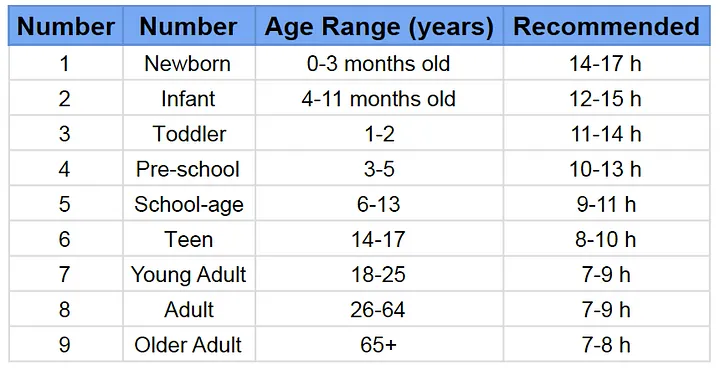
Healthier smile
Coffee is highly acidic, which means that each cup erodes your dental enamel and discolors your teeth. Cut the caffeine, and you’ll preserve your teeth against erosion for the rest of your life, resulting in whiter teeth.
According to the American Dental Association, coffee and soda are the two most damaging food sources for your teeth. Although I am lucky to have excellent teeth, I have seen a significant improvement in my teeth following quitting coffee for more than 30 days. The results were terrific.
The bottom line
I acknowledge that coffee has positive effects on the body, like boosting energy and stimulating metabolism.
I used to drink 3–4 cups a day, and now I do not have any plan to drink it. I bought a decaf in case I really wanted to have a cup.
